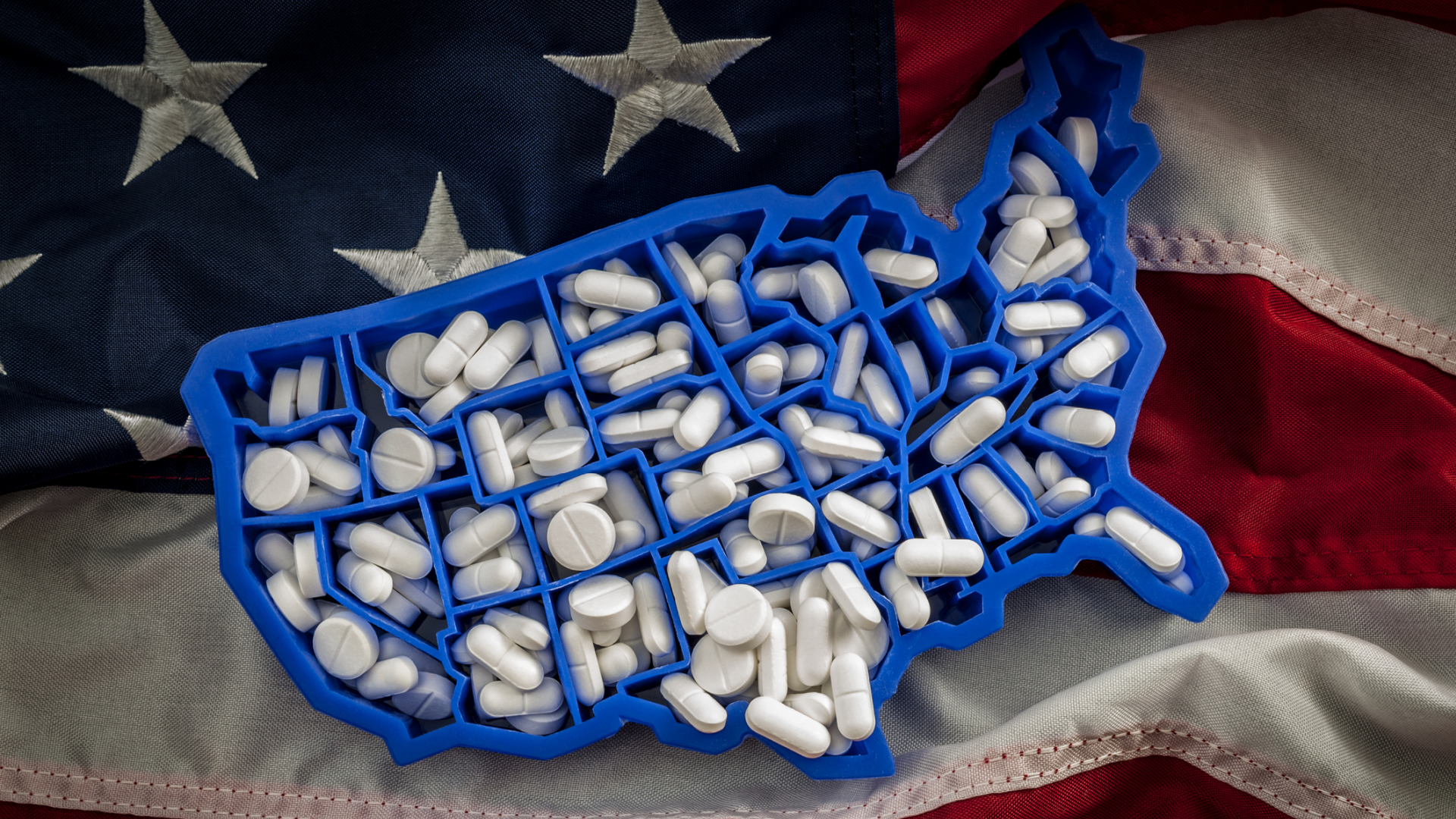Ingestion of Illicit Substances by Young Children Before and During the COVID-19 Pandemic
The purpose of this report was to assess immediate and sustained changes in overall illicit substance ingestion rates among children younger than six before and during the COVID-19 pandemic and to examine changes by substance type, including amphetamines, benzodiazepines, cannabis, cocaine, ethanol, and, opioids. Researchers concluded that there was a sustained increase in illicit substance ingestion during the pandemic and that additional studies are needed to contextualize these findings in the setting of pandemic-related stress....









